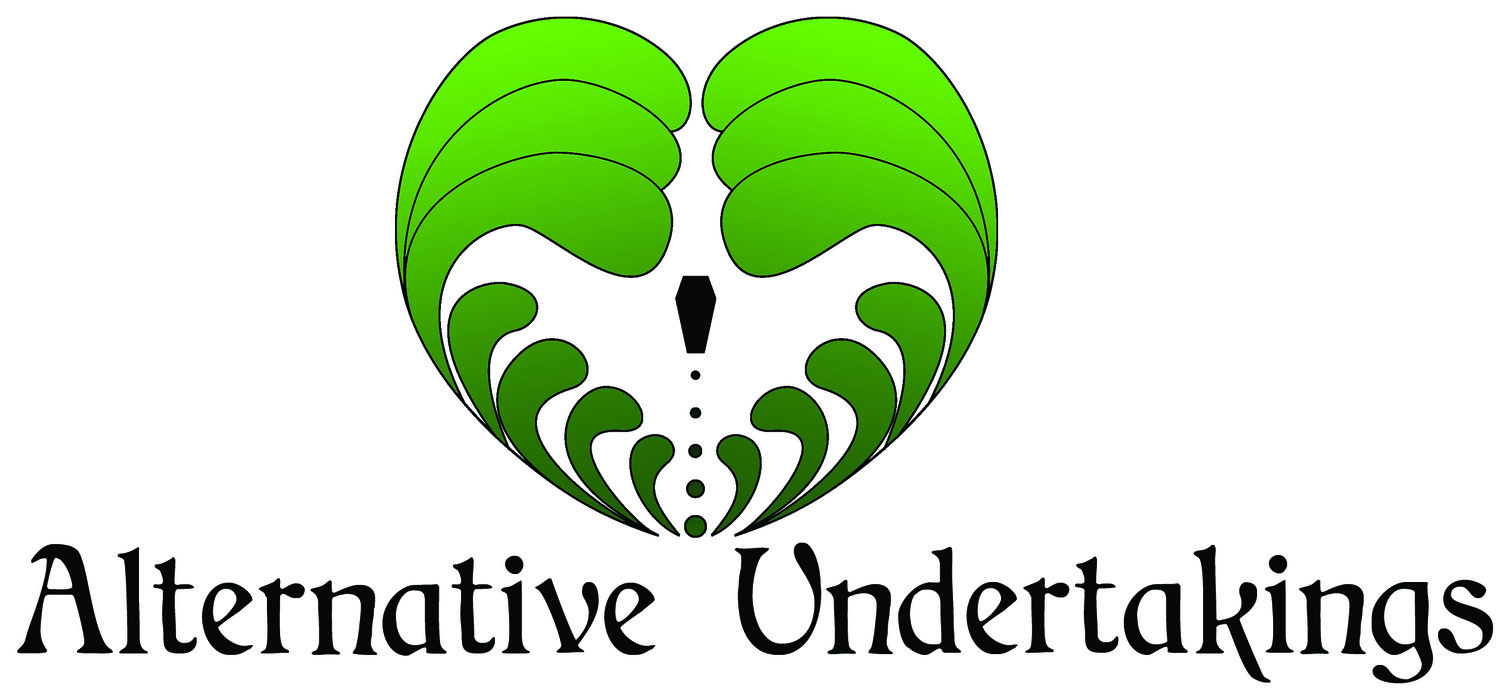You're a what?
Funerary traditions change, for a variety of reasons. As I’ve discussed previously, the (now) traditional American funeral was largely a product of the U.S. Civil War. One of the relative constants in framing the structure for funerals has long been religion. Within a religious tradition certain forms of disposal were preferred, generally with some flexibility to accommodate the particular landscape, such as catacombs or mausoleums instead of in-earth entombment in regions where water levels were a constant issue.
From the Pew Research Center's 2015 Report, "America's Changing Religious Landscape"
According to the Pew Research Center’s Religious Landscape, an increasing number of people in the United States (over 20%) have no religious affiliation. Further, as can be seen in the diagram to the (left/right), this number has been increasing by nearly 1% every year. In terms of what this means for funerary customs, is that a growing number of Americans do not have ties to the customs and preferences of a particular faith. What’s left to guide the grieving survivors after a loss; is there any way to help those in mourning make critical decisions when little to no pre-planning was done, and can this be done in a way that safeguards the interests of the bereaved?
The best way to protect the welfare of the dead’s loved ones is to prevent the likelihood of a conflict of interest. Arguably, the largest possible source of conflict of interests stems from the high probability that an industry professional with a vested interest in the price of the funeral being as high as possible was called to help manage the situation. No matter how honest and forthright the individual, it’s difficult to escape the fact that a mortician or funeral director makes their livelihood on the sale of products that they carry and need the bereaved to buy. For those with religiously prescribed norms, some of this is mitigated, since fewer decisions need to be made; for example, an Orthodox Jewish family doesn’t have to think about whether or not to embalm the body or what kind of casket to purchase because their faith has already determined that no embalming should be performed and the casket should be of a simple make and material (often plain pine). However, for that growing number of Americans without religious direction or the help of a minister-like advocate, there are few options to navigating the funeral industry on their own. Advocate and consumer rights/protections groups exist, but their level of help isn’t likely to be as personal as is needed at such a sensitive time. Further, most people won’t seek out the advice of one of these groups, either because they are unaware of their existence or because they are too busy juggling their grief and the need for a funeral to even consider such support.
US Air Force Airman building a simple coffin, like ones prescribed by some religious faiths Image by Master Sgt. Adrian Cadiz, USAF
Personally, I think that the best way to protect the interests of the bereaved is to remove the ‘directing’ component of a funeral director’s job. By that, I mean that the person who meets with the family to go over the options for final dispensation of the body (burial, cremation, resomation, etc.) and the related options within that choice (embalming, caskets, urns, turning the cremation remains into a diamond or an artificial reef, etc.) is wholly separate from the places that provide those products and services. A “Funeral Broker” or “Funereal Agent”, as it were, whose profit isn’t padded by upselling; ideally, they wouldn’t get kickbacks or reference bonuses either.
There are downsides, of course. How do you know that they are adequately knowledgeable? Is there any way to prevent profit-motivated back-scratching between this type of agent and particular funeral homes? Where will the body be stored for the time between death and the chosen disposal if not at the funeral home performing the cremation or burial?
Ensuring that the best interests of the bereaved requires a more personable investment in them by an advocate. Image CC0 from Pixabay
Ultimately, and sadly, it may be that a Funereal Agent is something of a luxury for those able to afford their services, since their employment would be one more cost on top of the costs associated with the actual funeral products and services, even if by employing one less is spent on unnecessarily expensive upgrades. They may also be better suited, if not entirely limited, to helping the mindful pre-plan.
I’ve long thought that I’d like to try being a Funereal Agent, or Broker, or whatever this occupation could be called. It’s one of my founding hopes for Alternative Undertakings; to help reframe the discussion around death and dying and also to offer other ways of engaging with the funeral industry in alignment with the values of the deceased and the bereaved. What do you think? Is this a service that has value, or is it just one more potential post-mortem expenditure? And if you were going to retain the services of such a professional, what business title would you call that person?
